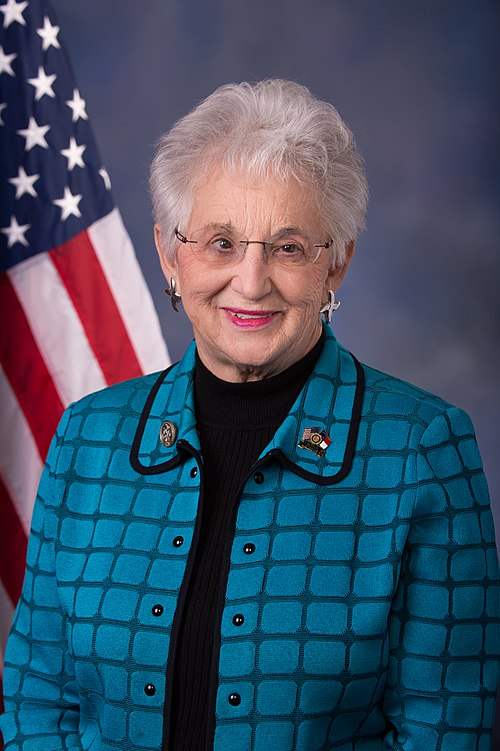H.R. 4875: Coal Ash for American Infrastructure Act
The Coal Ash for American Infrastructure Act aims to amend the Solid Waste Disposal Act by establishing a framework for the beneficial use of coal combustion residuals (commonly known as coal ash). This act allows operators of coal combustion residual units to apply for designation as "beneficial use staging units." Here’s a breakdown of the key components of the bill:
Beneficial Use Staging Units
Owners or operators of coal combustion residual units can submit applications to have their unit designated as a beneficial use staging unit. This involves a few requirements:
- Compliance with certain beneficial use requirements.
- Measurement of the volume of coal combustion residuals stored.
- A management plan that outlines:
- The volume of residuals to be removed for beneficial use.
- A schedule for removal.
- Plans for recovering critical minerals.
- Markets for the beneficial use of the residuals.
Approval Process
State authorities, or the Administrator for nonparticipating states, will review these applications. They can approve the designation if the unit meets specific criteria, such as:
- Being a surface impoundment or landfill.
- Meeting lining and groundwater monitoring standards.
- Complying with any applicable federal or state regulations.
Removal and Compliance Requirements
Once designated, operators are required to remove a certain percentage of the stored coal combustion residuals within specific timeframes. For example:
- If the unit stores less than 1.5 million cubic yards, they must remove at least 25% within 5 to 7 years of designation.
- If it stores 1.5 million cubic yards or more, the removal must occur within 10 to 12 years.
Prohibition on Adding Residuals
Once a unit is designated as a beneficial use staging unit, it cannot accept any additional coal combustion residuals.
Regulatory Compliance and Reporting
These units will be treated as sanitary landfills for regulatory purposes, provided they comply with the outlined requirements. The bill also mandates annual reporting by the Administrator, detailing:
- The volume of coal combustion residuals stored and removed from each unit.
- The number of designations revoked for noncompliance.
Federal Preemption
The bill states that no state regulation can conflict with the federal guidelines established in this bill. This includes limitations on mandating the closure of compliant beneficial use staging units.
Definitions
Several key terms are defined within the bill, including:
- Beneficial use staging unit: A coal combustion residuals unit that has been designated and has not expired or been revoked.
- Designation date: The date on which the unit is designated as beneficial.
- Nonparticipating State: A state that does not operate a state permit program or approval system under the specified guidelines.
Relevant Companies
- PCG (Pacific Gas and Electric Company): May be impacted due to their historical involvement with coal and residual management in California.
- DUK (Duke Energy): As a major utility company, they manage coal combustion residuals and could be affected by changes in regulations regarding their disposal and use.
- AEP (American Electric Power): This company also generates electricity from coal and inherits obligations regarding coal combustion residuals, which could be influenced by this bill.
This is an AI-generated summary of the bill text. There may be mistakes.
Sponsors
1 sponsor
Actions
2 actions
| Date | Action |
|---|---|
| Aug. 05, 2025 | Introduced in House |
| Aug. 05, 2025 | Referred to the House Committee on Energy and Commerce. |
Corporate Lobbying
0 companies lobbying
None found.
* Note that there can be significant delays in lobbying disclosures, and our data may be incomplete.













